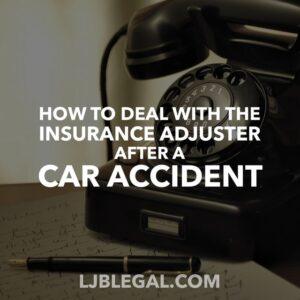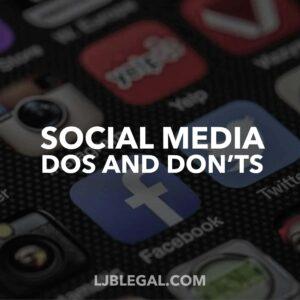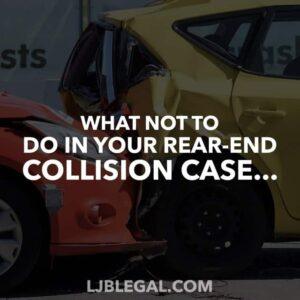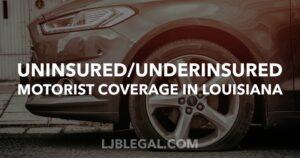
Car accidents are stressful enough when you are in your own vehicle. But what if you were driving a family member’s or friend’s car at the time of the crash? Who pays for the damages, and how do insurance rules in Louisiana apply?
A Louisiana car accident lawyer can help you understand how the law works in these situations. The answer depends on a few important factors, including whether you had permission to drive, whether you were excluded from the policy, and whether you were at fault for the accident.

Let’s break it down.
Whose Insurance Pays If I Wrecked While Borrowing Someone Else’s Car?
If you get hurt while driving someone else’s car in Louisiana, the car owner’s insurance is usually the first place coverage comes from, as long as you had their okay to drive it. Louisiana is an at-fault state, which means the driver who caused the crash has to pay for the damages. Sometimes fault is shared, so more than one driver may have to cover part of the costs.
If you were injured as a passenger in someone else’s car, the rules can be different.

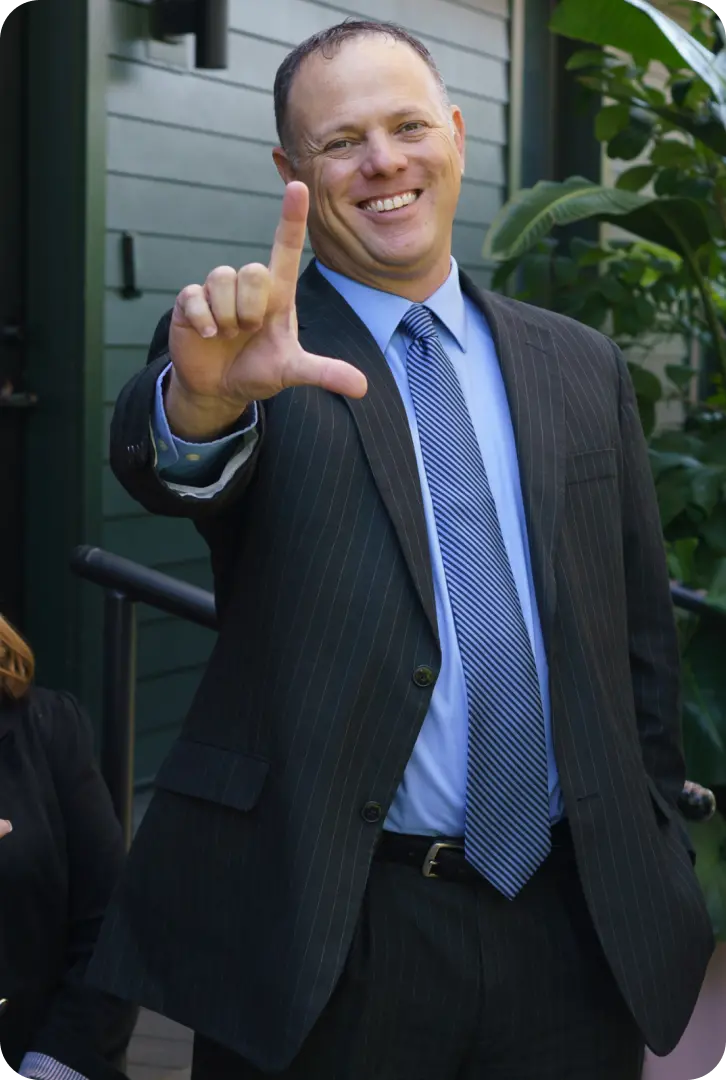
We GET IT DONE
Clients trust us to handle their case properly and effectively
FREE Confidential Case Review (985) 240-9773The Big Principle: Insurance Follows the Car
In most cases, when you borrow someone’s car, the owner’s insurance policy is the first line of defense. That policy typically covers vehicle damage, medical bills, and injuries, but only if you had permission to drive.
- Permission can be written or verbal.
- Without permission, the owner’s insurer could deny coverage.

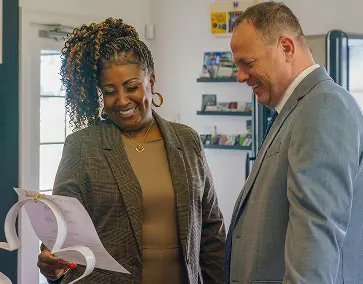
We DO THE RIGHT THING
The correct choice – always – is to do the right thing.
FREE Confidential Case Review (985) 240-9773What If the Owner’s Policy Isn’t Enough?
If the crash results in bills that go past the owner’s limits:
- Your own auto insurance might cover the extra costs.
- This works like it would if you were driving your own car.
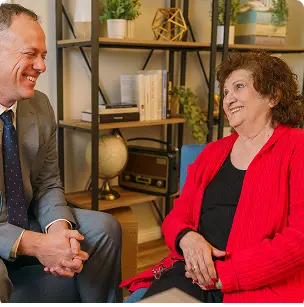

We ARE TRANSPARENT
We don’t play games and we don’t hide the ball.
FREE Confidential Case Review (985) 240-9773Multiple Policies Can Apply
Some crashes involve several policies:
- Owner’s insurance – primary
- Your policy – may help if limits are exceeded
- At-fault driver’s policy – liable for the crash
Insurance companies sometimes argue over who pays first. This can delay your claim. You could be stuck in the middle unless you have legal help.
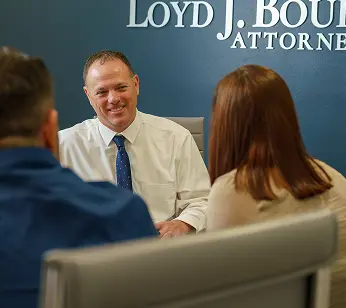
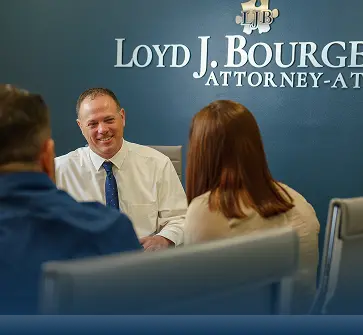
We ARE COMPASSIONATE
Emotionally intelligent listeners with positive attitudes.
FREE Confidential Case Review (985) 240-9773Can the Owner’s Insurer Deny Coverage?
Yes, if:
- You drove without permission.
- You were an excluded driver on the policy.
- You violated the policy (driving under the influence, etc.).
What Happens If I Was Driving With Permission or Without Permission?
With Permission
If the car owner gave you permission to drive, you are typically covered by their auto insurance policy. Louisiana law generally follows the “permissive use” rule, meaning coverage extends to anyone driving the car with the owner’s consent. The owner’s liability coverage would apply if you caused the accident, and their uninsured or underinsured motorist coverage could apply if another driver was at fault and did not have adequate insurance.
Without Permission
If you did not have permission, things get more complicated. Insurance companies usually deny coverage when a car is taken without the owner’s consent. In that case, you may be personally responsible for damages. If you have your own auto insurance, your policy may step in depending on your coverage type, but you could be exposed to significant financial risk.
Does It Matter If I Was At Fault or Not At Fault?
If You Were At Fault
If you caused the accident and you were driving with permission, the car owner’s liability coverage will usually apply to pay for the other party’s damages. If damages exceed their coverage limits, your own insurance, if you have it, could be called on for secondary coverage. If you were excluded or driving without permission, you may be personally liable.
If You Were Not At Fault
If another driver caused the crash, you may be able to recover damages through the at-fault driver’s liability insurance. If that driver is uninsured or underinsured, the car owner’s UM or UIM coverage could apply, or your own UM or UIM policy if you carry one. Either way, proving you were not at fault is critical to protecting your rights.
What If I Am an Excluded Driver on the Policy?
Some Louisiana insurance policies specifically exclude certain drivers from coverage. For example, if the car owner’s policy lists you as an excluded driver, you will not be covered under their insurance if you drive the car and get into an accident.
Does Louisiana’s No Pay, No Play Law Apply If I Was Not at Fault but Was an Excluded Driver Without My Own Insurance?
Yes. If you were not at fault, were listed as an excluded driver on the vehicle owner’s policy, and did not have your own auto insurance, Louisiana treats you as uninsured. In that situation, the No Pay, No Play law limits what you can collect from the at-fault driver. The law bars recovery of the first $100,000 in bodily injury damages and the first $100,000 in property damages, even though the crash was not your fault.
- If you are excluded on the car owner’s policy, that policy does not cover you.
- Without your own insurance, you are considered uninsured under Louisiana law.
- No Pay, No Play blocks the first $100,000 of bodily injury damages and the first $100,000 of property damages.
- You may still recover amounts above those thresholds if your damages are severe.
Note: Some exceptions may apply, such as when the other driver was intoxicated or the vehicle you occupied was legally parked. Consider speaking with a Louisiana personal injury lawyer about your specific facts.
What Should I Do If I Am Injured While Driving Someone Else’s Car?
- Get medical treatment right away to document injuries and protect your health.
- Report the accident to the police to create an official record.
- Notify both your insurance and the vehicle owner’s insurance about the crash.
- Document everything, including proof you had permission to drive the vehicle.
- Speak with a Louisiana car accident lawyer to understand options for medical bills, lost wages, and other damages.
Should You Notify All Insurers?
Yes. You should notify:
- The owner’s insurer
- Your own auto insurer
- The at-fault driver’s insurer
How Does It Work With Rental Cars?
Rental cars follow similar rules:
- The rental company’s policy is usually primary.
- Your personal auto policy or credit card may provide backup.
What Is the Bottom Line?
Driving someone else’s car in Louisiana brings extra layers of insurance and liability issues. Whether you had permission, were excluded from the policy, or were at fault, all of these details affect who pays. These cases can get complicated quickly. An experienced Louisiana car accident lawyer can help you sort coverage, prove fault, and pursue the compensation you need.

